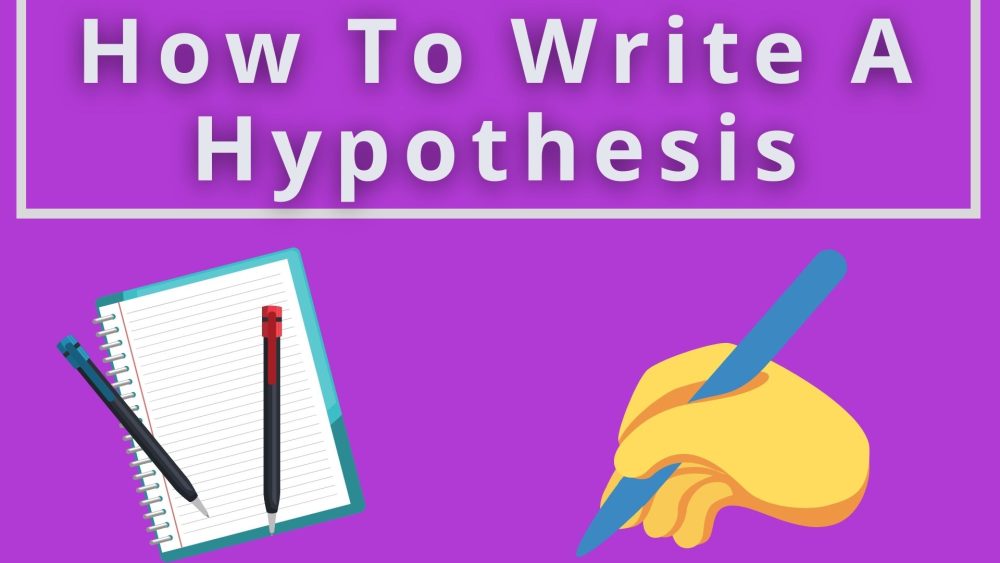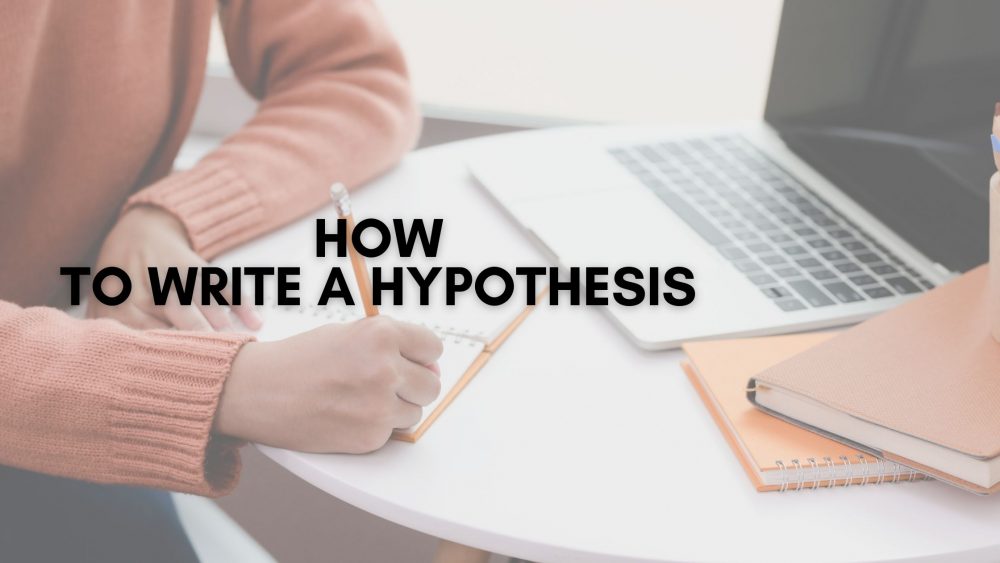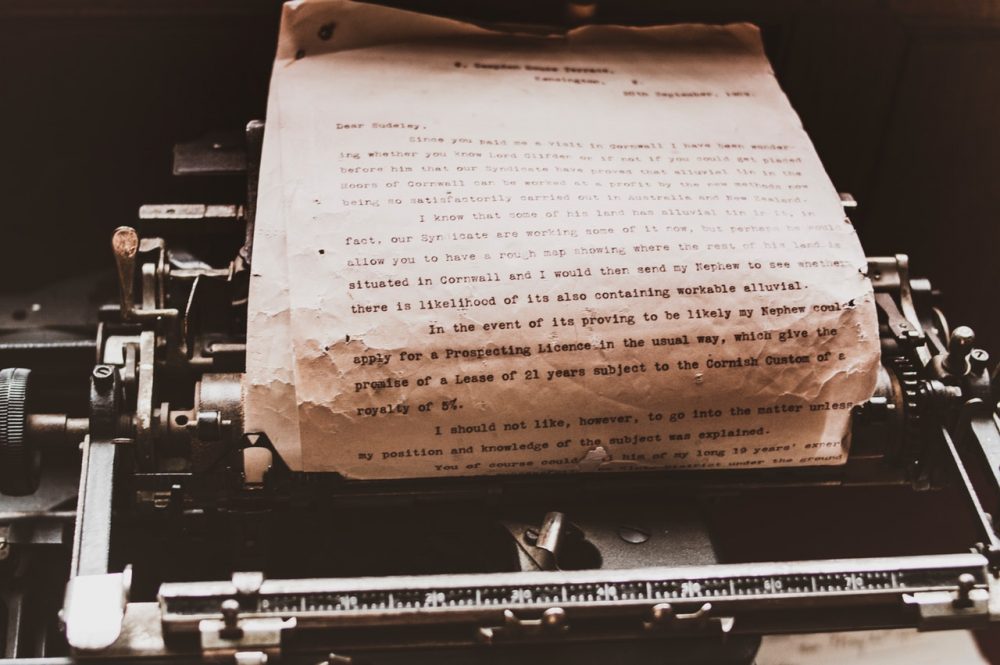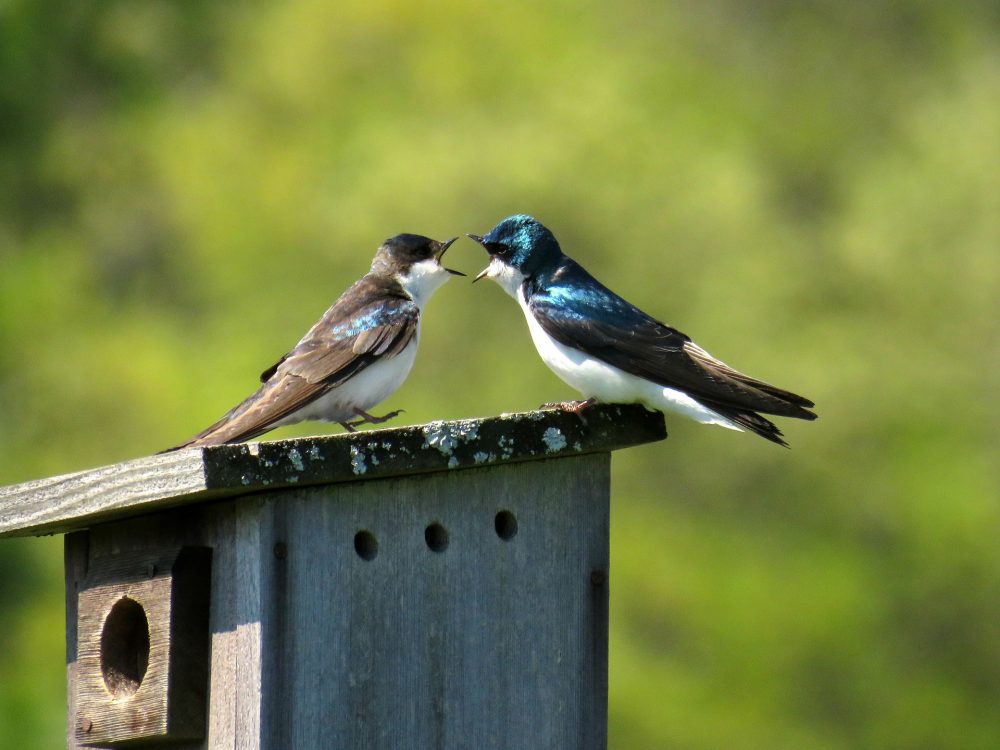A hypothesis is an indispensable component of the scientific method that establishes the ground of scientific experiments. It is a conditional statement that introduces the research question and proposes an expected result. It is the foundation of any research and clearly defines what questions the study seeks to answer. Hence, it would be best if you are thorough when constructing your hypothesis.
In a research hypothesis, it is necessary to create a valid hypothesis for your scientific experiments. The most crucial factor for a valid/testable hypothesis is its empirical verification, which makes it possible to confirm or refute the hypothesis. The question remains: “how to write a good hypothesis”?
How to Write a Hypothesis Fast?
Writing a good hypothesis could be very demanding. Many intelligent students and researchers still consider hypothesis writing a very daunting task. One of the trickiest aspects of designing a research method, and publishing any research paper is writing a hypothesis.
Any experiment hinges on the alternative hypothesis (H1) or (Ha) and the null hypothesis (H0). However, learning the art of writing a hypothesis will prove to be effortless with practice, and may soon become your favorite part in research! Of course, you may already have a few ideas of how to create a hypothesis, but with our research hypothesis example and guide, you will quickly become a pro at it!
First, you must learn how to write a hypothesis statement. You need to know how to ask the right questions and phrase your hypothesis statements correctly. Once you can nail down this part successfully, you have learned to create a hypothesis, and your research will flow easily. Ready to know how to write a hypothesis in a redearch paper? Read on!
Writing Guide For Research Hypothesis
The three-step process is the most fool-proof guide on how to write a good hypothesis. The three-step process is a great way to simplify and narrow things down. This process involves:
- Ask a question/develop the research problem.
- Gather background information.
- Construct the hypothesis.
- Ask a questionThe scientific method requires an initial step of asking a question or developing the research problem. What are you planning to solve? Here, you use any of “who,” “what,” “where,” “when,” “why,” and “how.” Here are some examples of possible research questions.
- Why do trout have more fish lice in the summer?
- How long does it take apples to grow?
- How do viruses cause human infection?
- How did humans evolve from Apes?
Once you select a question, begin to make necessary observations. Evaluate these observations, looking for possible answers or clues to where the answers may be. Once you find several leads to this question, you’re free to continue.
- Gather Background InformationIt is time to proceed in the experiment by collecting data from the several leads you find. Sources like academic journals, case studies, etc., will come in handy.Bear in mind that when gathering background information, you may come across many contradictions to your questions. Say, for example, you saw in a journal that bacteria and not virus is responsible for infections. These findings should not deter you because it doesn’t make your hypothesis invalid. You could decide to address these concerns in your experiment using their results as potential rebuttals.
- Construct the HypothesisWith enough information on the subject at hand, it is time to write a hypothesis. A hypothesis narrows down a broad topic to a testable statement. Let’s go back to those questions we posed and now use them to learn how to write a scientific hypothesis or how to write a research hypothesis in general. Check out this example on how to write a hypothesis:
Why do trout have more fish lice in the summer?
Let’s say you notice that trout appear to have more fish lice in the summer at low water levels. You may think that the amount of oxygen is the culprit because oxygen-stressed fish tend to be more susceptible to parasites and disease.
- Propose a general hypothesis“Water levels influence the number of lice on rainbow trout.”The general hypothesis gives no clue to how to design the experiment. Therefore, it needs a rudder to steer it in a direction.
- Propose a refined hypothesis“Rainbow trout have more lice when water levels drop.”Despite this added direction, the hypothesis is not yet really testable so:
- Design a testable hypothesis“Rainbow trout have more lice due to the reduced oxygen levels when the water level is low.”Now you have what passes as a plausible hypothesis in a research paper. This method is also how to write a hypothesis for a research proposal.
Alternative Hypothesis Vs Null Hypothesis
You may need to carry out some statistical analysis depending on what your research is on. To be able to do this, you must learn how to write a null hypothesis and alternative hypothesis.
Writing a null hypothesis is quite straightforward. A null hypothesis (H0) postulates that there is no significant difference or relationship between two variables. It also implies that observed differences are due to sampling or experimental error. Your research should aim at discrediting or disapproving the null hypothesis. Here is how to write a null hypothesis:
From the trout example, the null hypothesis is that the amount of oxygen in water is independent of water levels.
An alternative hypothesis (H1) or (Ha) posits that there is a statistically significant difference or relationship between the two variables. It also implies that there is evidential support of such a difference. Again, from the same trout example, the alternative hypothesis is that the amount of oxygen is dependent on water levels.
On how to write a hypothesis APA format, the H representing hypothesis should be in italics. Also, you have to establish the hypothesis that your predictor variables will have a relationship with your outcome variables. That is a clear statement of support or nonsupport of your hypothesis.
Get Professional Paper Research Help
Research questions are questions asked to initiate research, unlike hypotheses, which are statements. For example, in writing research questions, one may ask, “What is the effect of oxygen levels on the health of trout?” A hypothesis, on the other hand, would state, “I predict low oxygen levels will reduce the life-span of trout.” Hence a hypothesis gives a clear stand concerning research questions.
We have learned a lot about writing hypotheses. Can you see how easy it is to write? Are you ready to write your hypothesis? Our professional writers are ready to help you. Let’s do it together!







